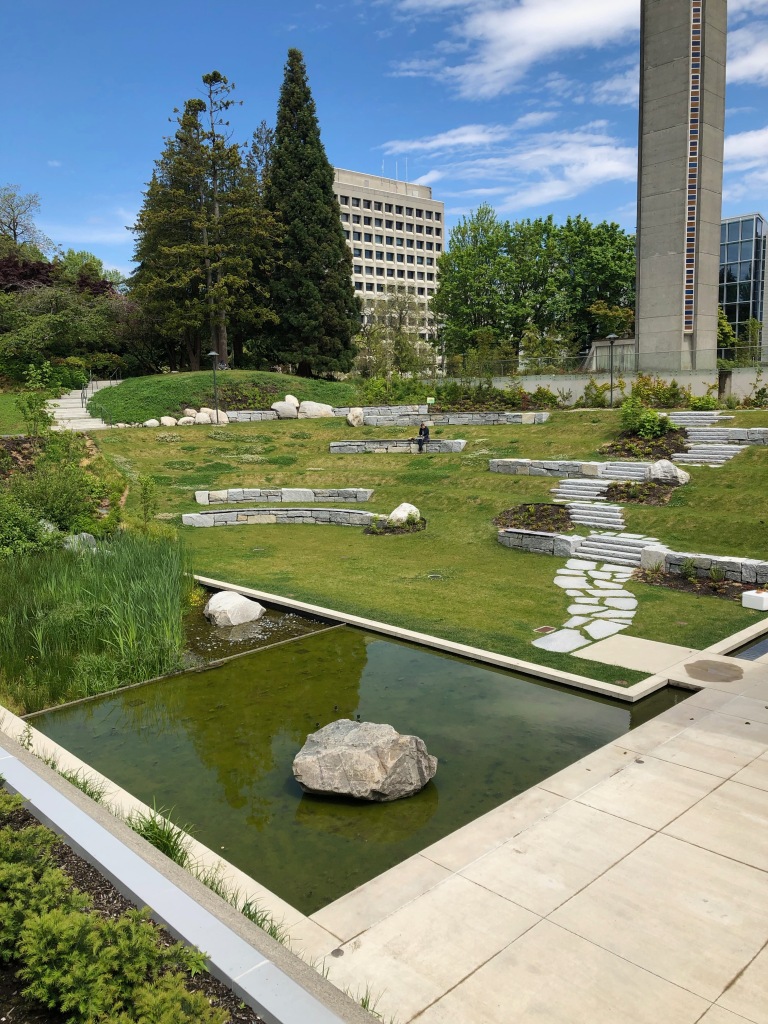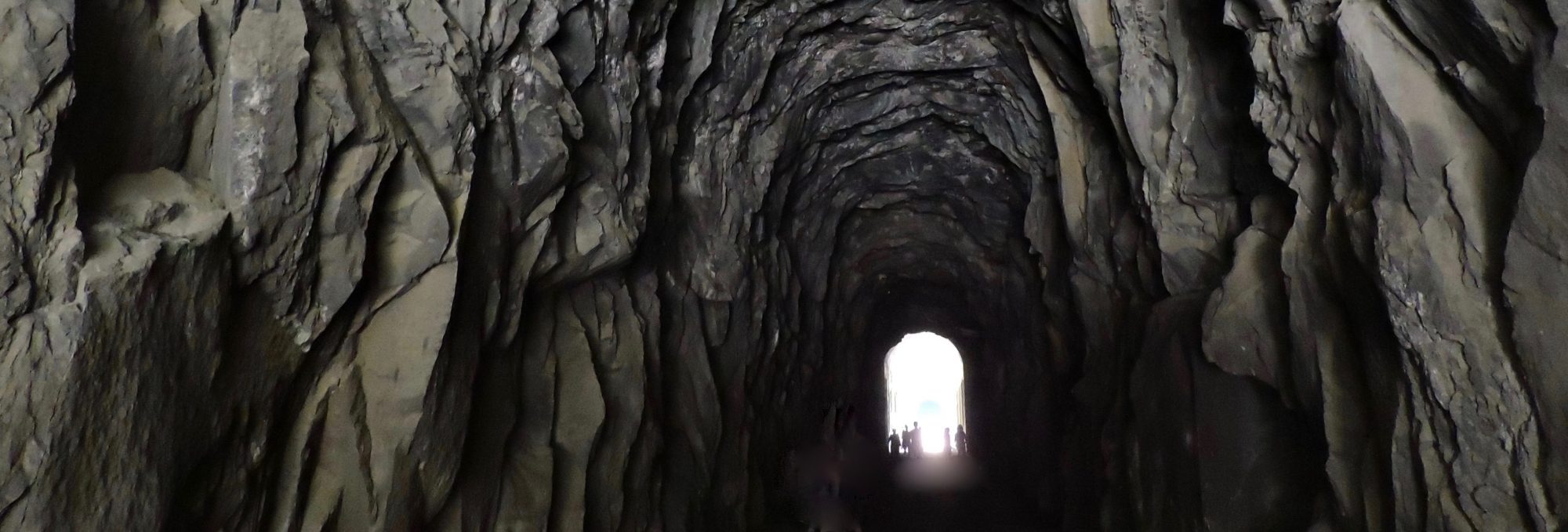The Project
The Galatea Project is an on-going collaboration between Vancouver-based scholars and professional theatre company, Bard on the Beach. The scholars involved, (Patricia Badir, UBC), Katrina Dunn (Manitoba) and Paul Budra (SFU), are associated with Oecologies: Inhabiting Premodern Worlds, a research cluster that gathers scholars interested in the environmental humanities that are living and working along the North American Pacific coast. As a group, we have tasked ourselves with addressing what it means to study the premodern European world from “here” – that is from our specific storied locations, environments and urban cultures. Bard on the Beach is Western Canada’s largest professional not-for-profit Shakespeare company, established in 1990 with a mandate to provide Vancouver audiences with accessible productions of Shakespeare’s plays.
The Galatea Project goals, as defined thus far, are to take into consideration recent historical inquiries into the history of “nature”– both in terms of environment and sexuality – that suggest the extent to which European humanist constructions have remarkable longevity inscribed in a mythology of the “natural.” Our work seeks to contribute to our understanding of this mythology by articulating how knowledge gathered from performance experience comes to bear on the following questions:
• How are assumptions about natural worlds and natural behaviors formed in the past carried through to the here and now and to what effect?
• Can historical works of art help us understand some of the more complex relationships between our various “natures” and their social and cultural origins?
• Alternatively, how does our sense of the past change when we acknowledge our present environment as a determining force in our reading of that past?
Another question that presents itself to us is how best to acknowledge the fact that the “local” we hope to explore with our partner is the unsurrendered land of the Coast Salish people. Thus, we add the following question to our mandate:
• Can we use material from the colonial past to make explicit the link between the places in which we live and work and the unceded lands bound to it?
Finally, we pose a series of “applied” questions that address the interdisciplinary, public-oriented nature of our project:
• How can a partnership with universities provide a risk-free environment for professional theatre companies to experiment with new material, expand their repertoire and develop their audiences?
• Can we develop a model for incubating projects that have the potential to transform the classical repertoire and audience expectations of that repertoire?
• What kinds of productive engagements emerge from collaborations between humanities scholars and theatre professionals and how might these engagements enhance scholarly method and performance practice?
News and Recent Events
October 19, 2019: Our most recent collaboration with Bard on the Beach is a workshop on Thomas Kyd’s The Spanish Tragedy, a multi-lingual bestseller (in Shakespeare’s day) that we will use it to explore the possibility of social justice in a world built upon conflict. Our working questions will be different from those explored at the previous workshop; this year we will focus on world-making and we will ask how assumptions about public life and personal freedom formed in the past are carried through to the here and now, and to what effect? Can historical works of art help us understand some of the more complex relationships between our various understandings of terms like “responsibility”, “rights” and “justice” and their social and cultural origins? How does our sense of the past change when we acknowledge our present political environment as a determining force in our reading of that past? We think that in seeking answers to these questions in a multidisciplinary, place-based, public-oriented way we will illustrate how research in the arts and humanities can provide resources for addressing some of the unparalleled social, ethical and political challenges we face today.

Past Event: Workshops and workshop productions of John Lyly’s Galatea
Galatea, by Shakespeare’s contemporary, John Lyly, was written for the Children of St. Paul’s and staged before Queen Elizabeth in 1588. It is a play about two girls that fall in love and stay that way. Set in Lincolnshire at the edge of a forest, upon land that is perpetually threatened by estuarial tides, it is also a play about climate change and about human interaction with the environmental forces that both threaten and are threatened by human activity. We chose to work with Galatea because it boldly raises questions relevant to Vancouverites (likewise living at the edge of a forest along the banks of an estuary) while also opening itself to critical paradigms that help us understand the ways in which particular kinds of environments and behaviors become “naturalized” over time. The first workshop was held in November of 2018 and resulted in a workshop performance at the BMO theatre. We reprised this production for the 2019 Congress on UBC Campus.


Galatea in Review: Oecologies Newsletter
Galatea at Congress: An Oecologies Round Table
Galatea at Congress: A rehearsed reading with Bard on the Beach
